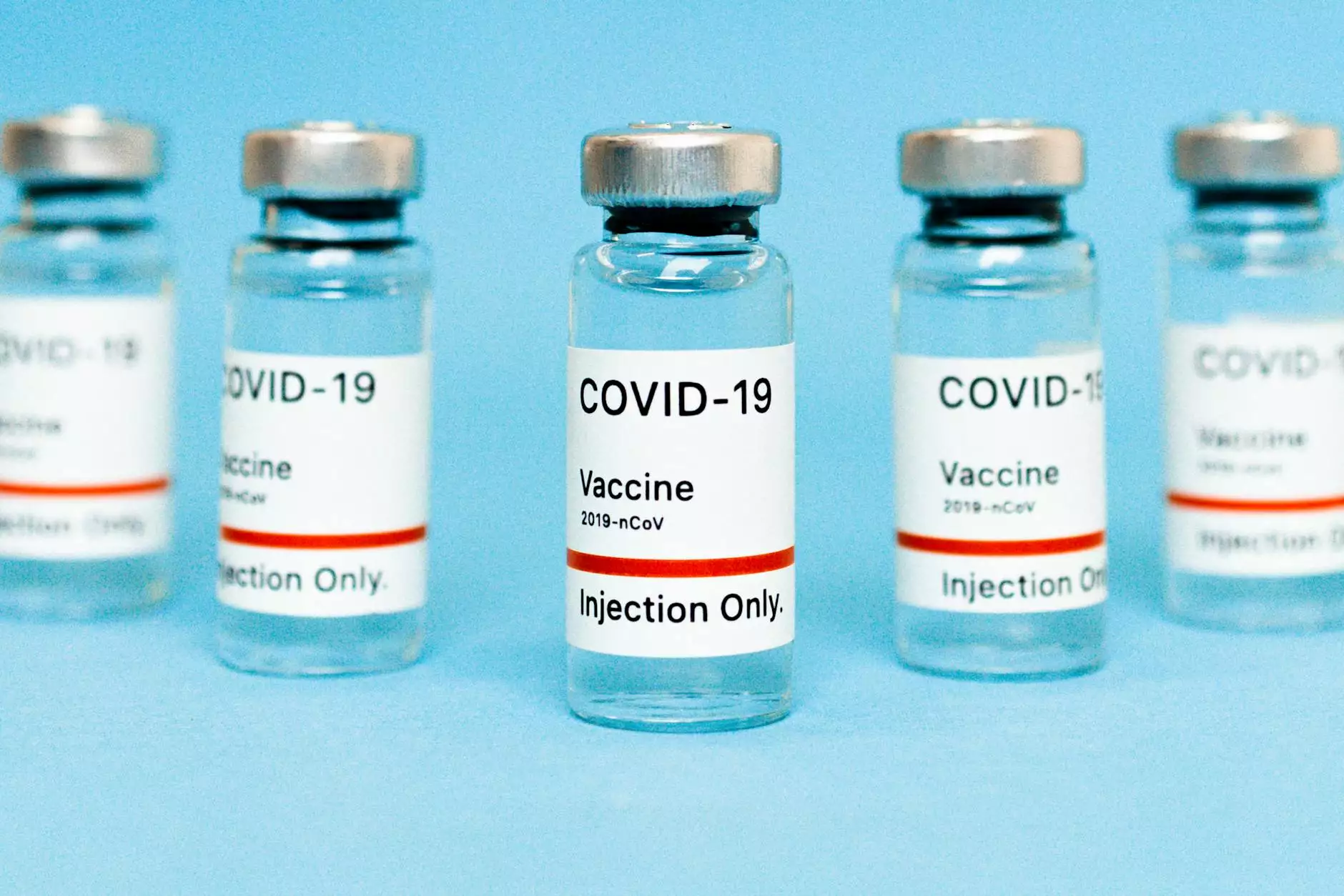Comprehensive Guide to Thyroid Cancer Treatments

Thyroid cancer is a disease that affects the butterfly-shaped gland located at the base of your neck. It is essential to understand the various thyroid cancer treatments available, as they can be life-saving and restore health and well-being. In this extensive article, we will delve into the types of thyroid cancer, their stages, treatment options, rehabilitation strategies, and the latest advancements in medical science, providing invaluable insights for patients, caregivers, and healthcare professionals.
Understanding Thyroid Cancer
Thyroid cancer occurs when the cells of the thyroid gland begin to grow uncontrollably. The thyroid gland plays a crucial role in regulating metabolism, energy, and hormonal balance in the body. Here are the main types of thyroid cancer:
- Papillary Thyroid Cancer: The most common form, usually affecting young adults and generally having a favorable prognosis.
- Follicular Thyroid Cancer: This type tends to be more aggressive and can spread to other parts of the body.
- Medullary Thyroid Cancer: Arising from C cells in the thyroid, this type can be hereditary and is often diagnosed at a later stage.
- Anaplastic Thyroid Cancer: A rare and aggressive form that is challenging to treat.
Stages of Thyroid Cancer
Understanding the stages of thyroid cancer is crucial in determining the appropriate treatment plan. The stages range from I to IV, where:
- Stage I: The cancer is small and localized within the thyroid.
- Stage II: The cancer may have grown larger but remains confined to the thyroid.
- Stage III: The cancer has spread to nearby lymph nodes.
- Stage IV: This final stage indicates metastasis to distant organs.
Common Thyroid Cancer Treatments
The choice of treatment for thyroid cancer depends on various factors such as the type and stage of the cancer, the patient's age, and overall health. Here are the common thyroid cancer treatments available:
Surgery
Surgery is often the first line of treatment for thyroid cancer. The extent of surgery depends on the type and stage of cancer:
- Thyroidectomy: The complete removal of the thyroid gland is known as total thyroidectomy. In some cases, only part of the gland is removed (partial thyroidectomy).
- Central Neck Dissection: Involves the removal of lymph nodes in the central neck area.
- Lateral Neck Dissection: The removal of lymph nodes in the lateral (side) neck region may be necessary if cancer has spread.
Radiation Therapy
Radiation therapy uses high-energy rays to target and kill cancer cells. It is primarily used after surgery to eliminate any remaining cancerous cells or as a primary treatment for patients who are not surgical candidates. There are two main types of radiation therapy:
- External Beam Radiation Therapy: This type involves directing radiation to the cancer site from outside the body.
- Radioactive Iodine Therapy: Patients consume radioactive iodine, which is absorbed by thyroid cells, including cancerous ones, effectively destroying them.
Hormone Therapy
After thyroid surgery, patients often require hormone replacement therapy to maintain hormonal balance. The most common medication prescribed is levothyroxine, which replaces the hormones normally produced by the thyroid gland.
Targeted Therapy
For more aggressive types of thyroid cancer, such as medullary and anaplastic thyroid cancer, targeted therapy may be recommended. This treatment uses drugs that specifically target cancer cell mechanisms, such as:
- Kinase Inhibitors: Medications like cabozantinib and lenvatinib are used for advanced thyroid cancers.
- Immunotherapy: Emerging treatments that help the immune system recognize and fight cancer.
Clinical Trials
Participation in clinical trials can provide access to cutting-edge therapies and innovative treatment approaches. Discuss with your healthcare provider if there are suitable clinical trials available for your condition.
Managing Thyroid Cancer: Post-treatment Considerations
Following treatment, regular monitoring is crucial to prevent recurrence. Here are some important considerations:
- Regular Follow-ups: Routine check-ups, including physical examinations and blood tests to measure thyroglobulin levels, are essential.
- Lifestyle Changes: Adopting a healthy lifestyle can significantly impact recovery and overall health. Focus on a nutritious diet, regular exercise, and adequate hydration.
- Emotional Support: Dealing with cancer can be emotionally taxing. Seek support from counseling, support groups, or mental health professionals.
Innovative Approaches in Thyroid Cancer Treatments
Research and innovation in thyroid cancer treatments are continually evolving. Some of the latest advancements include:
- Personalized Medicine: Tailoring treatment plans based on individual genetic profiles can lead to better outcomes.
- Minimally Invasive Techniques: Advancements in surgical procedures, such as robot-assisted surgeries, enhance recovery and reduce hospital stays.
- Combination Therapies: Exploring the effectiveness of combining chemotherapy with other treatment modalities could improve survival rates.
Conclusion
Thyroid cancer is a complex disease requiring a multifaceted approach for effective treatment. Understanding thyroid cancer treatments, their implications, and the importance of consistent follow-up care can significantly improve patient outcomes. As science progresses, the future holds promise for innovative treatments that can enhance the quality of life for thyroid cancer patients. Stay informed, seek expert advice, and remember that hope and healing are always within reach.
For more information on thyroid cancer treatments and related healthcare resources, visit oncologicalsurgery.net.









